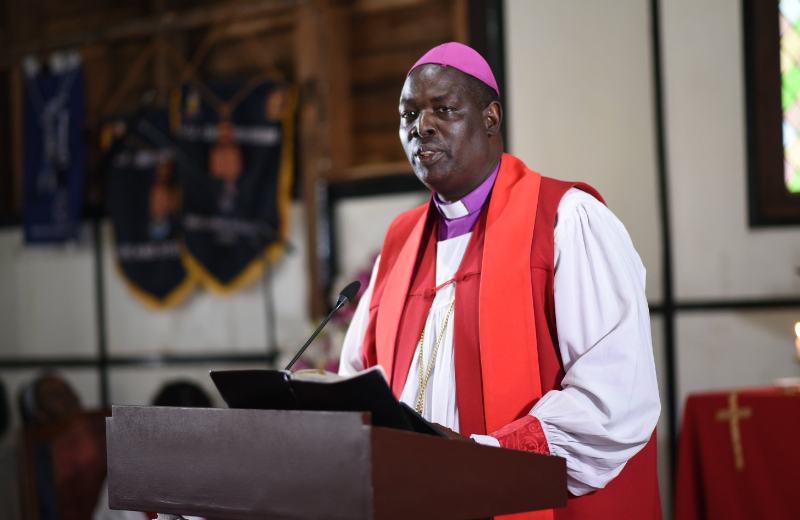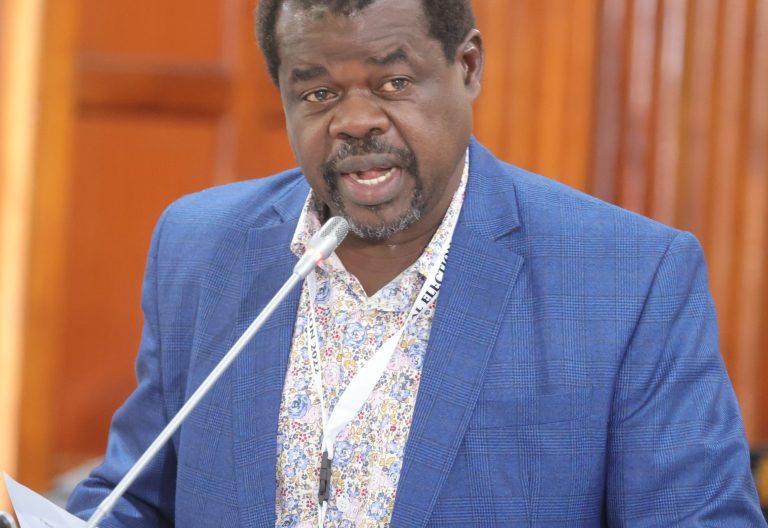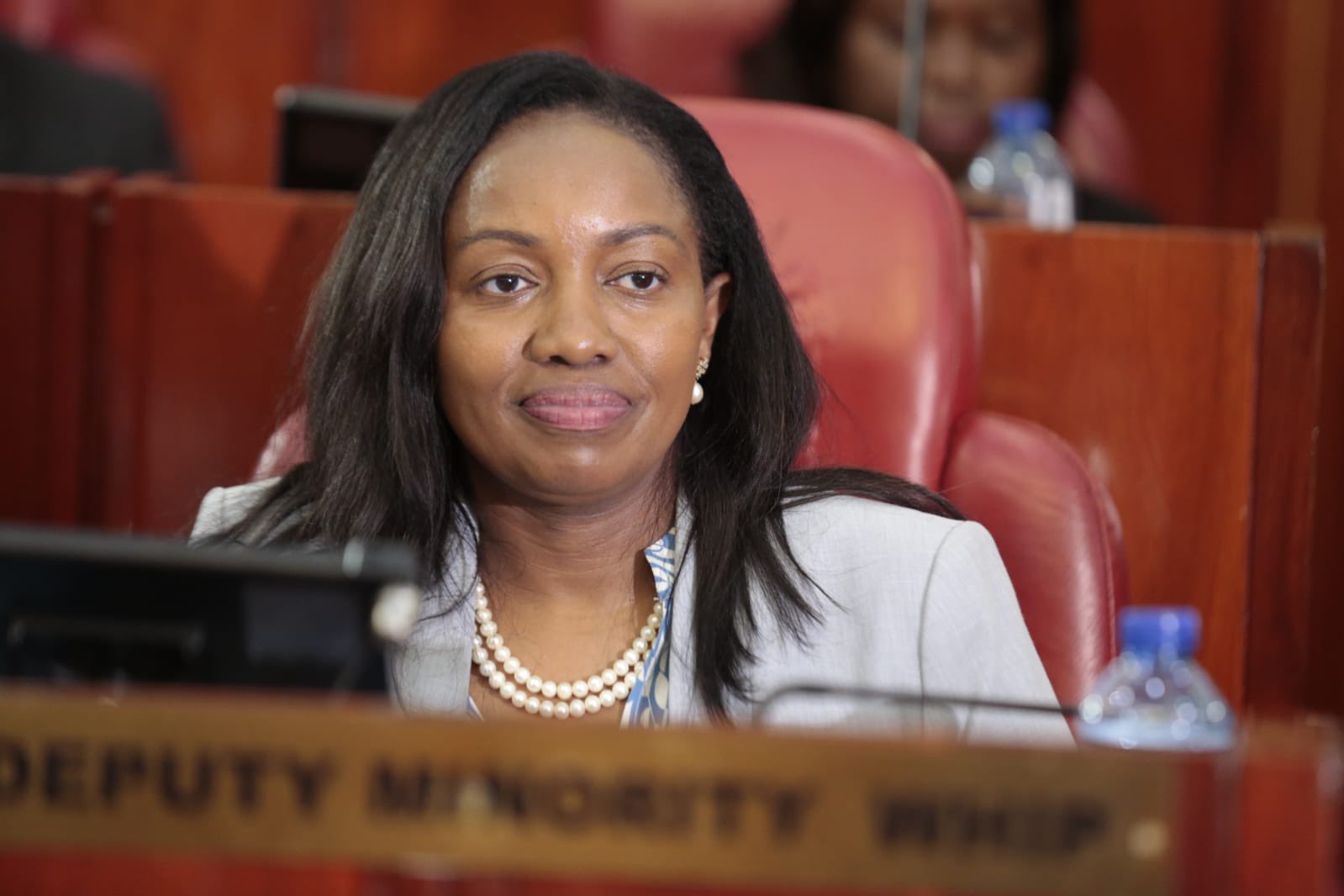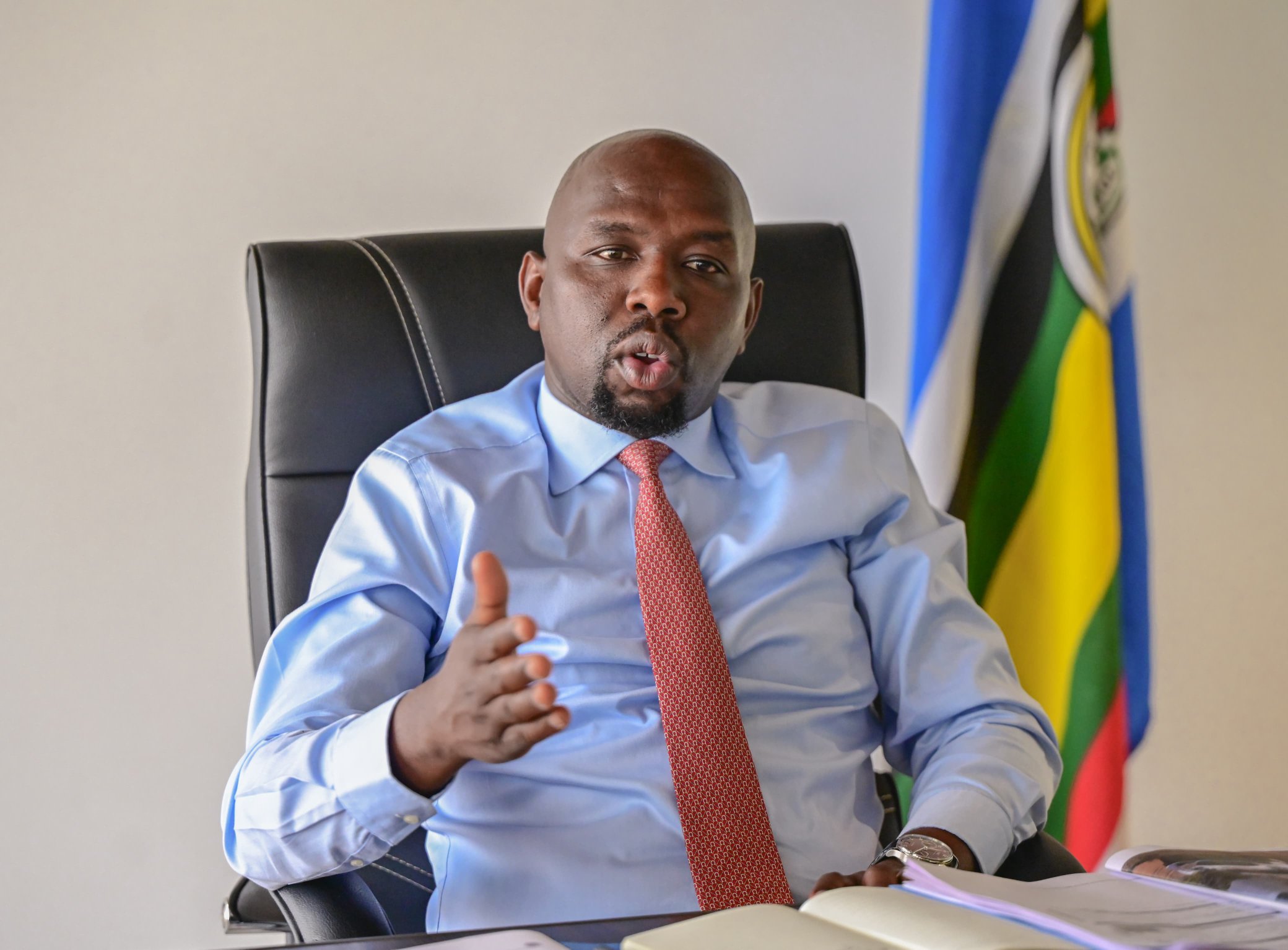US block on immigrants to impact refugees in Kenya
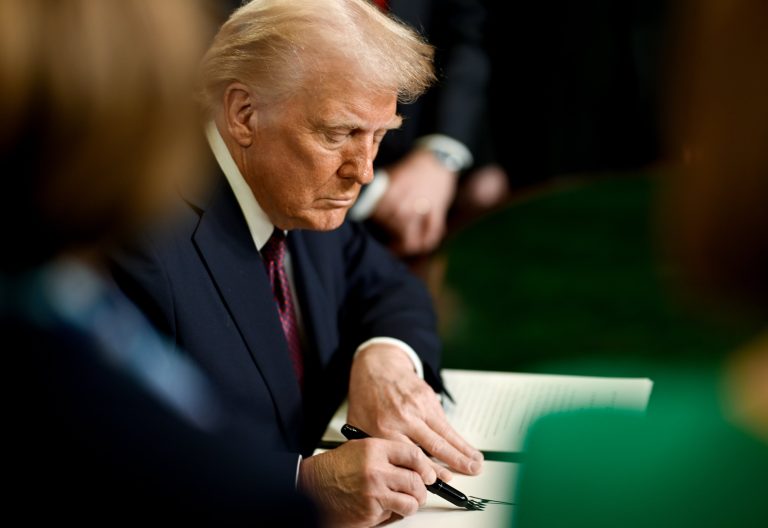
An executive order by US President Donald Trump blocking refugees from entering the country will have far-reaching effects on some immigrants who move to America through Kenya.
Refugees from war-torn neighbouring countries such as South Sudan, Somalia and Ethiopia first pass through Kenya before seeking greener pastures in the US and other countries.
According to the United Nations Higher Commissioner for Refugees (UNHCR), last year alone, 2,354 refugees were resettled in the United States from Kenya, the highest number since the COVID-19 pandemic.
As of December 2024, UNHCR data showed that Kenya is home to 823,932 registered refugees and asylum seekers, with more than 100,000 of the number searching for greener pastures.
Most preferred
Over half of the population live in Daadab, another 300,000 are in Kakuma while the rest live within various urban centres.
The US remained the most preferred destination for resettlement among the refugees from Kenya compared to other developed countries including Canada, Germany, Australia and the United Kingdom.
An America-based humanitarian agency, the US Committee for Refugees and Immigrants (USCRI), which began its operation in Kenya last year, faulted Trump’s Executive Order saying the move is a remarkable renunciation of the country’s leadership and commitment to humanitarian protection and freedom.
“The refugee programme fulfils America’s profound moral leadership to ensure that the most vulnerable refugees are safely resettled. The Administration’s decision leaves refugees in danger,” said Eskinder Negash, USCRI President and CEO.
In Kenya, USCRI said the order will affect the resettlement of refugees which would have been one of the few pathways to a durable solution for people affected by displacement.
USCRI estimates that currently 120 million people are forcibly displaced worldwide, and over 43 million people need international protection due to active conflict, oppressive regimes and religious persecution.
Trump’s Executive Order: Realigning the United States Refugee Admissions Program (USRAP) which came into force this week revoked refugee applications to settle in the US until further notice.
“Having been promised a better tomorrow after fleeing war and persecution, refugee families—half of who are children—are now arriving to uncertainty. It’s un-American. And it’s inhumane,” Negash told the People Daily.
Though the Secretary of Homeland Security, Kristi Noem, is to recommend to Trump whether the US should resume the refugee admissions programme within 90 days, some humanitarian agencies have raised concerns.
“America’s doors have already been shut to admitting new refugees. Any government-funded programmes have been immediately halted. That means vital programmes that help welcome refugee families or support asylum seekers who have already arrived in the United States are in jeopardy,” Negash stated.
According to USCRI, the refugee admission programme was established in 1980 in the aftermath of the refugee crisis following the Vietnam War where about 80,000 refugees are received annually in the country
Trump’s Executive Order will have far-reaching repercussions as it also gives a stop-work directive for refugees.
Under this order issued by US Secretary of State Marco Rubio, refugees already in the US will no longer benefit from Reception and Placement (R&P) services, which help them during their first three months in the country as they rebuild their lives.
Some reprieve
Ranking Members of the House and Senate Judiciary Committees and Immigration Subcommittees on Wednesday reportedly protested Rubio’s move to end R&P services saying it will increase new arrivals’ vulnerability to homelessness and food insecurity at a time when they still have no lifeline for support.
Meanwhile, it was a reprieve for needy refugees after Rubio issued a waiver on Tuesday for life-saving humanitarian assistance during the 90-day moratorium on foreign aid when Trump’s administration will be reviewing it to fit his America first foreign policy.
The waiver covered life-saving medicine, medical services, food, shelter, subsistence assistance, supplies and reasonable administrative costs as necessary to deliver such assistance.


